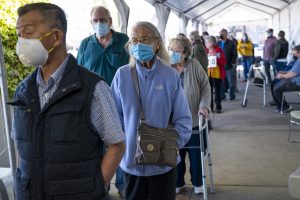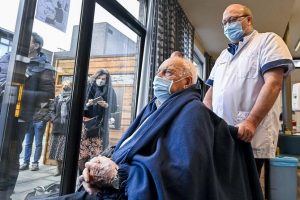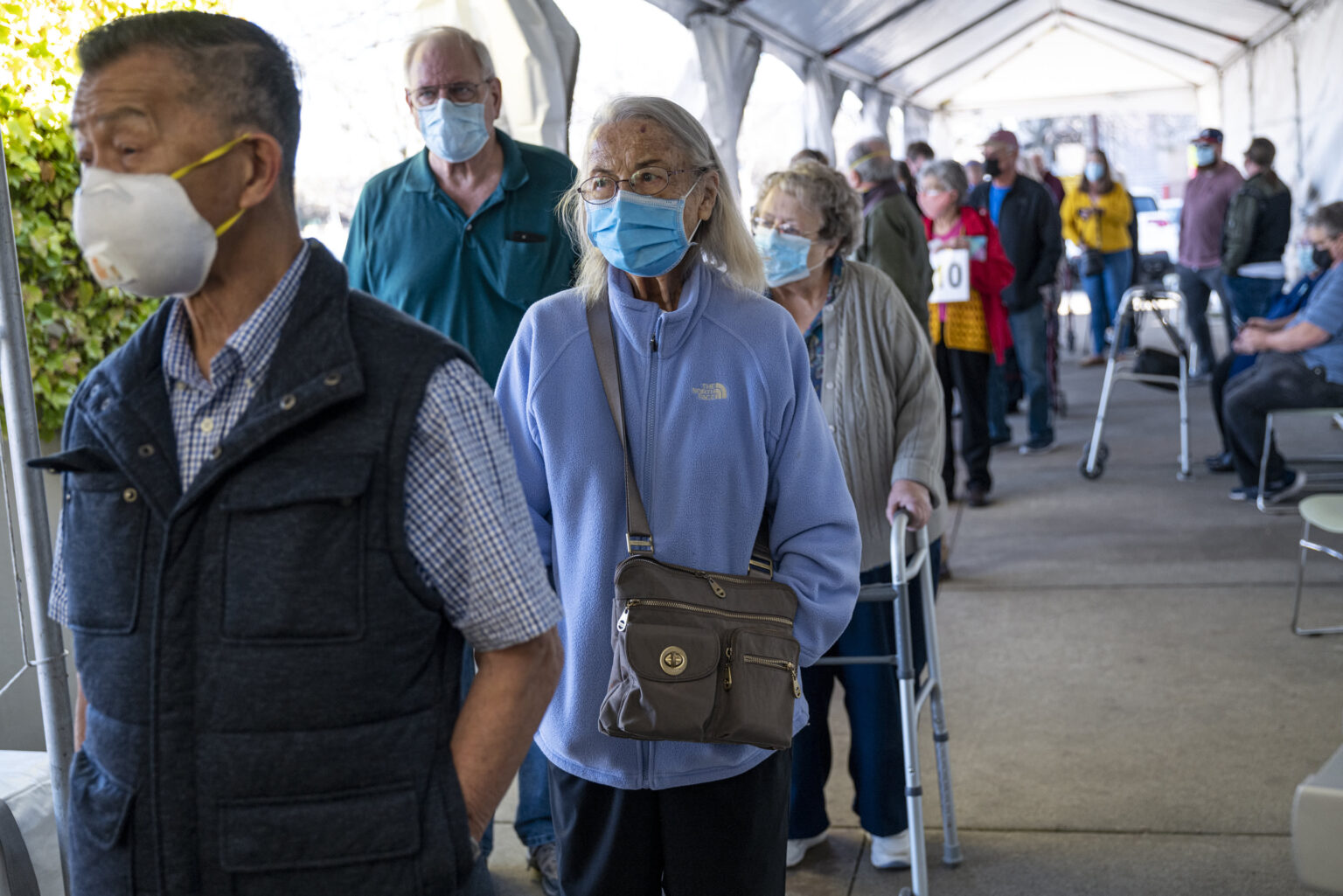Do Richer Lives Matter More? Vaccine Rollout Reveals Global Inequity
By Liam Brucker-Casey
International News Editor

Do the lives of citizens in richer countries matter more? Certainly most would say that of course not, that in fact all human lives are equally precious. The COVID-19 Pandemic, particularly the allocation of vaccines, is testing the lengths to which richer nations adhere to this ideal. French President Macron recently called on his fellow G7 members to allocate portions of their vaccine stock to lower income countries,
“We are allowing the idea to take hold that hundreds of millions of vaccines are being given in rich countries and that we are not starting in poor countries,” said Macron in a recent interview with the Financial Times. The French President’s comments come at a time where countries like Russia and China are using the opportunity to cement alliances and open the door to warming relations with non-traditional allies.

Put simply, richer countries are prioritizing themselves. The Biden administration has commented that the United States will not be donating their vaccine supplies until most Americans get the vaccine, in a strong rebuff to Macron’s urging of vaccine diplomacy. While not willing to part with its secured vaccine supply, the US will be providing billions of Dollars to COVAX which will subsidize the purchasing of vaccines for countries who may have limited financial ability to secure shots on their own. The funding is a reversal of the stance taken by the previous White House administration which was highly skeptical of WHO efforts.
Those calling for equitable distribution of vaccinations are not advocating for a strictly selfless position, as many experts warn that having large unvaccinated populations could be a recipe for disaster. The fear is that the virus could easily spread between the non-inoculated, creating the opportunity for virus mutations, and potentially the rise of a new variant that may be impervious

to existing vaccines. In this sense, waiting to provide developing nations vaccine supplies may actually be counter to richer countries’ interests.
A report by The Economist Intelligence Unit has estimated that many developing countries’ populations will not be fully vaccinated until 2023 at the earliest. This failure to distribute vaccines is likely to have a vaccine as the virus will not be fully eradicated anytime soon. As Agathe Demarais, the Intelligence Unit Global Forecasting Director said,
“Vaccines against many diseases, such as polio or tuberculosis, have been available for decades. However, many people in poorer countries remain unable to get access to them. What was termed a ‘novel coronavirus’ only one year ago will be with us for the long term, alongside the many other diseases that have shaped life over the centuries.”
Contact Liam at liam.bruckercasey@student.shu.edu

